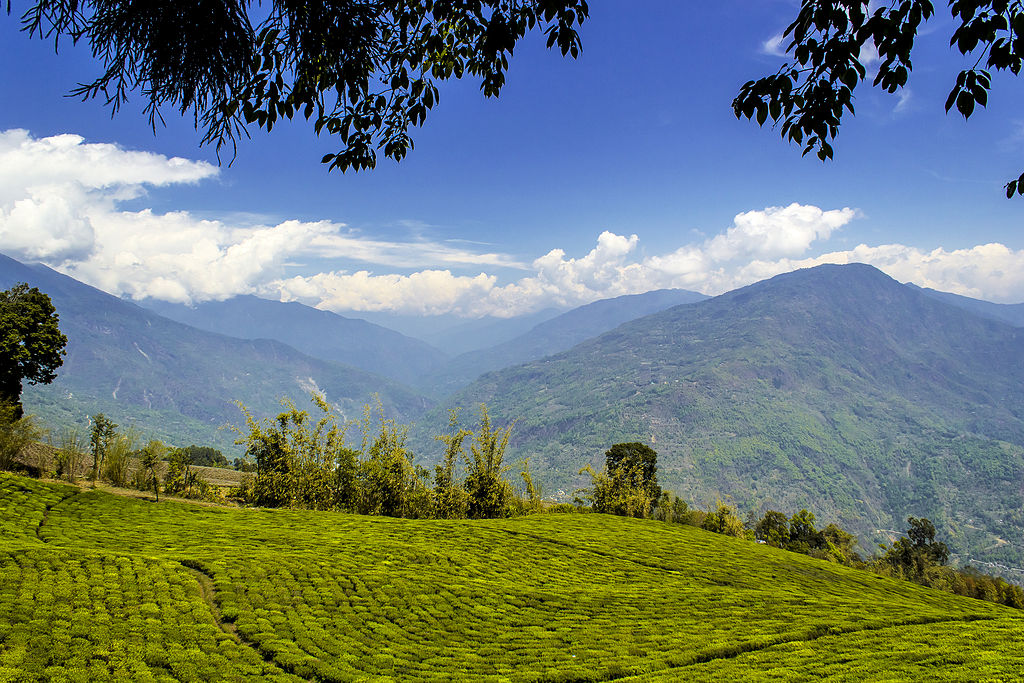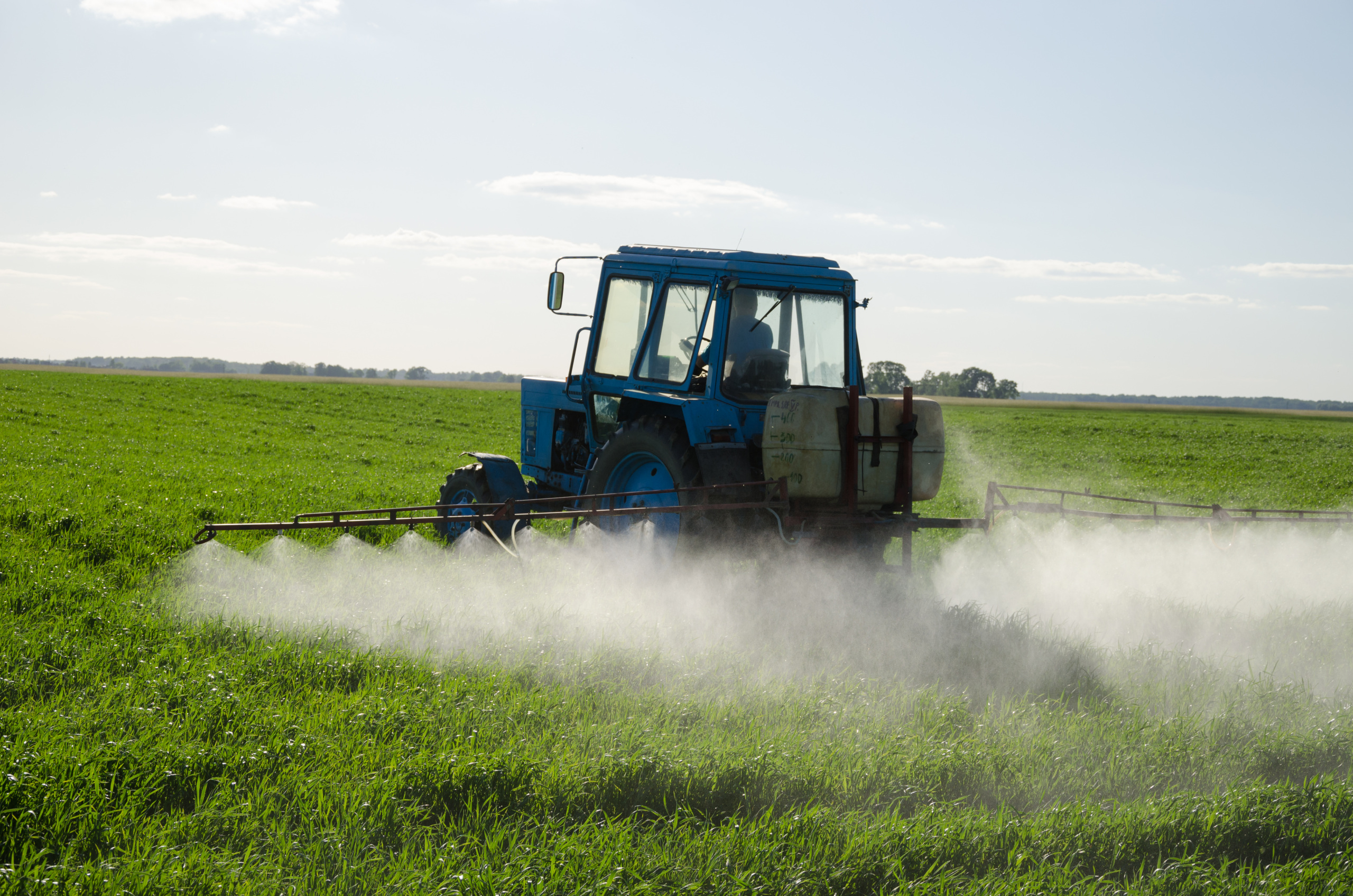Is This The Start Of A Sustainable Farming Revolution?
In 2003, Sikkim began to aggressively phase out the use of pesticides on every farm in the state. Now, 15 years later, officials say the switch to all-organic agriculture has improved the health of residents, and of the region’s ecosystem.
Sikkim, a state in India, was being poisoned by pesticides. Cancer rates spiked, rivers were polluted, soil became barren.
For local leaders, the intoxicating increase in agricultural productivity was not worth the effect indiscriminate pesticide use had on public health and the environment.
In 2003, Sikkim began to aggressively phase out pesticide use on every farm in the state. Now, 15 years later, officials say the switch to all-organic agriculture has improved the health of residents, and of the region’s ecosystem. Another benefit? Tourism has skyrocketed.
“It’s because of the good environment—chemical-free air, water, food—all these factors,” Sikkim’s secretary of horticulture and cash crop development told the Washington Post.

The Indian state of Sikkim began to phase out agricultural pesticide use 15 years ago. Now, it’s reaping the benefits. Photo: Vikramjit Kakati CC BY-SA 3.0
The United States can learn a lot from Sikkim. It’s a case study that holds even more urgency as lawmakers consider new legislation that will dictate American agricultural policy for the next five years.
American farms used nearly 900 million pounds of pesticides in 2015, and, as they once did in Sikkim, these chemicals drain into our waterways, coat our food and end up in our bodies.
Pesticide use is so prevalent in American agriculture because government subsidies incentivize farmers to plant the same few crops year after year—usually corn, wheat and soybeans. Planting the same crops over and over drains the soil of nutrients, forcing farmers to use more fertilizer to keep the soil productive, and more pesticides to keep the pests away.
This cyclical reliance on chemicals has led to record-breaking yields, but it has put our land, our food, our water and the health of our families at risk. Glyphosate, the most widely used agricultural chemical in history, has been linked to cancer. Chlorpyrifos, an insecticide that may impair brain development of children and damage cognitive function among adults, often remains on produce when it’s bought at the grocery store. And nitrate runoff from farms, especially harmful to infants, is linked to “blue baby syndrome.”

American farms used nearly 900 million pounds of pesticides in the most recent year for which we have data. Photo: Aqua Mechanical (CC BY 2.0)
Sikkim’s chemical-free success story shows us there’s a better, healthier more sustainable way to grow food, and it’s a narrative backed by the findings of a 13-year-long study by Iowa State University.
The study found the use of synthetic fertilizers and herbicides could be reduced by a staggering 88 percent simply by using diverse crop rotations. And, according to Iowa State researchers, these systems could be expanded to a larger scale—without sacrificing yields or profitability.
As renowned food writer Mark Bittman put it in his book, “A Bone To Pick,” the study demonstrates that chemicals can be “drastically reduced at no sacrifice, except to that of the bottom line of chemical companies.”
Sustainability is already working here in the States. Seth Watkins is a fourth generation steward of his family farm in Clarinda, Iowa. In 1998, Watkins realized he could own a farm and preserve his family’s land at the same time by using sustainable agriculture practices. Stewardship, Watkins said, is what life is all about.
Now, as our lawmakers consider new agricultural policy, we must learn from farmers like Seth Watkins, from places like Sikkim, and from research like the Iowa State study. Tell your senators: Now is the time to kick our dependence on chemical pesticides. Sustainable farming is possible and profitable—we just need to stop subsidizing the wrong things.

